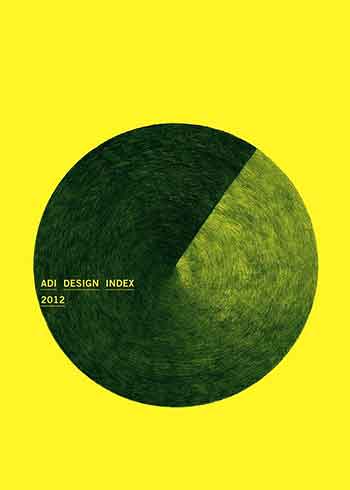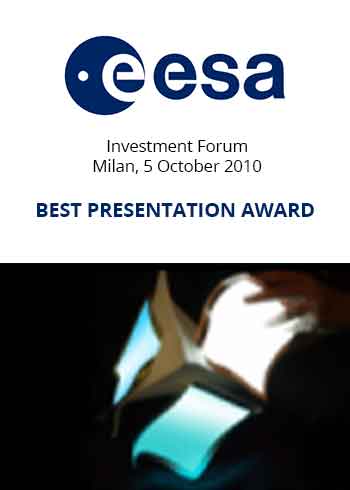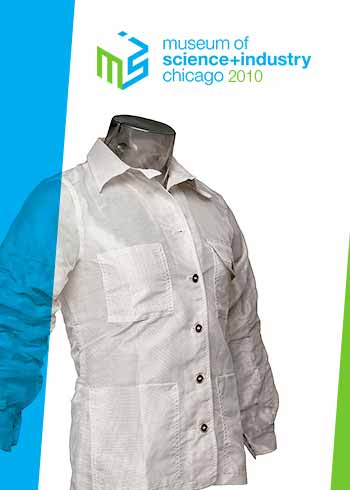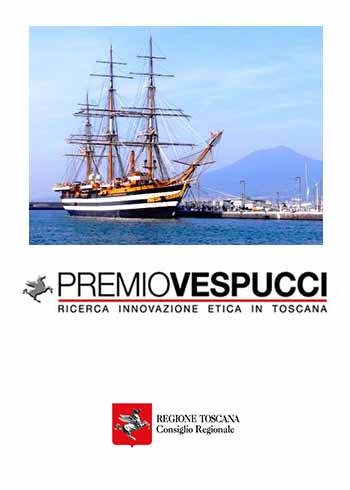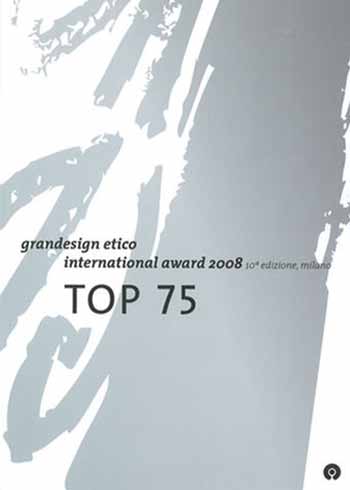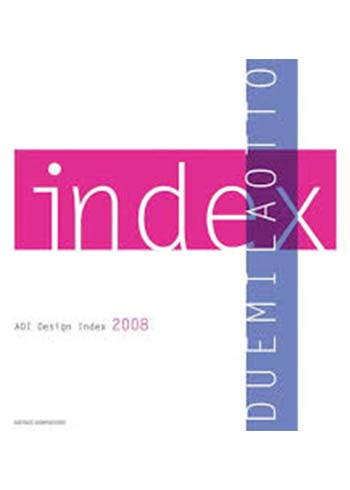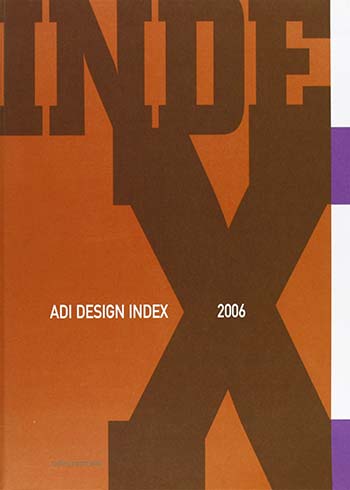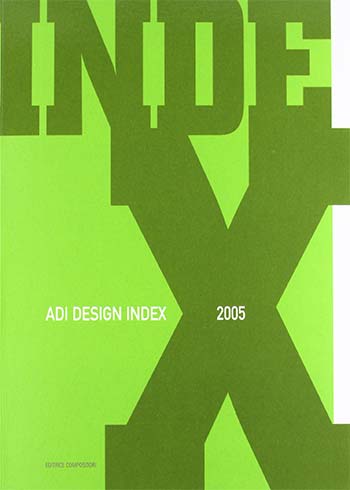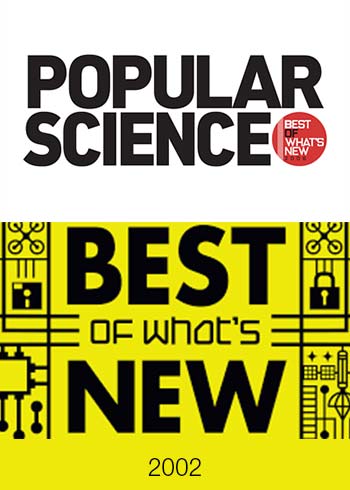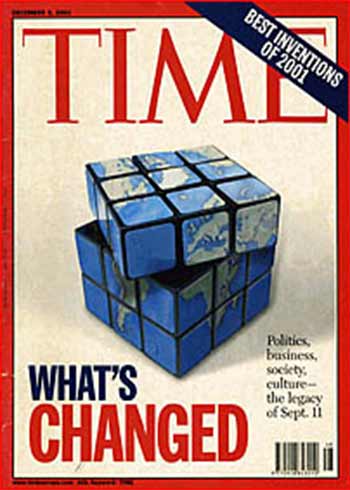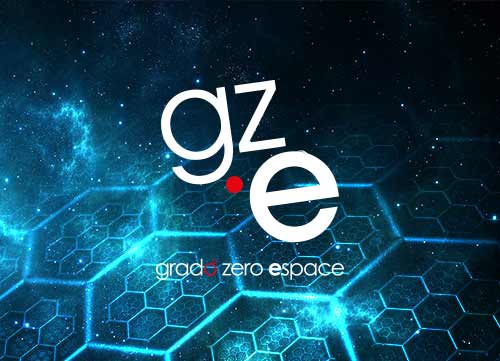
Grado Zero Espace™
Grado Zero Espace™ is a trademark of Pangaia Grado Zero, a leading research organization specialized in technology transfer of materials and technologies from extreme sectors such as, for example, aerospace or medical-surgical, in normal daily use. It also cares about adopting more efficient and innovative industrial assembly processes to improve the chosen materials performances. GZE arises as a connector among different industrial sectors and pure research entities (universities, testing laboratories, Space Agencies, inventors and researchers) collecting different know-hows and identifying new ways of using materials and technologies.

We performs continuous research activity on the most disparate materials.
GZE conducts continuous research into new technologies, processes and techniques.
We are able to perform innovation in the field of wearable computing systems.
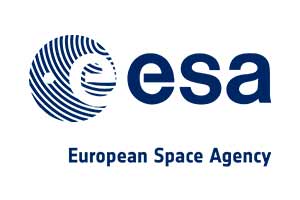
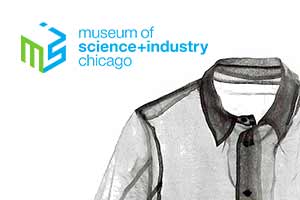
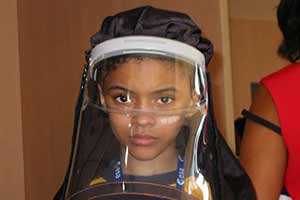
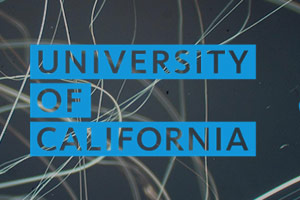

 Experience in EU Projects
Experience in EU Projects